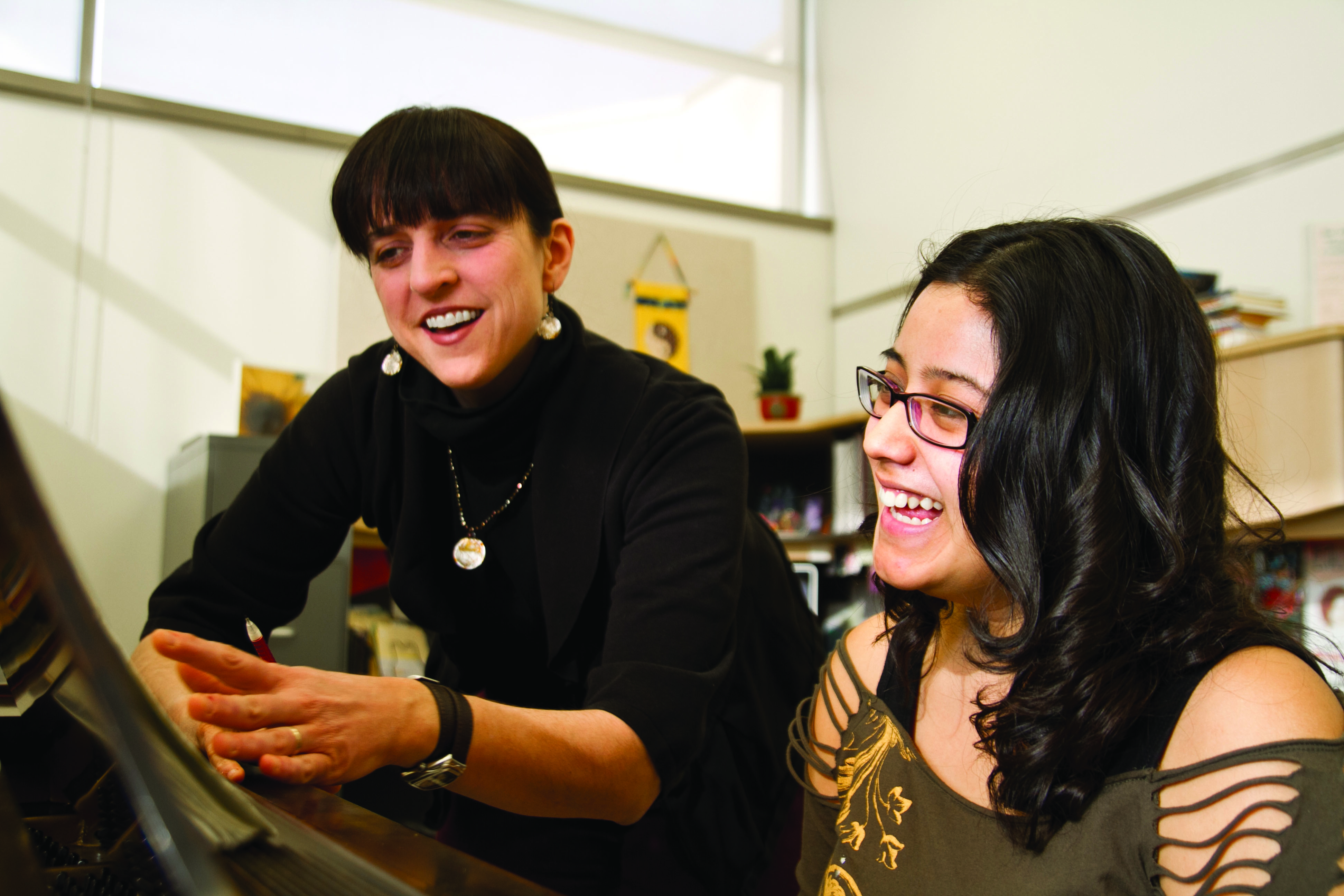When considering the issue of how we address professors at Goshen College, I hope we can share some basic agreements. First, the preference for first names comes from healthy impulses and good intentions. Second, the same is true regarding preferences for academic titles. Third, while consistency creates ease, we can also live harmoniously with diverse practices in place. Fourth, mutual respect in a community of teachers and learners is to be freely granted however we name each other.
Susan Fisher Miller’s wonderful history of the college’s first 100 hundred years, Culture for Service: A History of Goshen College 1894-1994, notes that students began calling faculty by their first names soon after the short-lived publication in 1967 of Menno-Pause, an underground student newspaper that symbolized the current rebellion towards hierarchy and status quo. Four decades later, we are in a different cultural moment. We also have a more diverse student and faculty family than before, obliging us to thoughtfully consider a host of assumptions and traditions. It is no surprise that we see a variety of preferences among both students and professors.In my own department we live with this nuance. Some music faculty have been clear from the start of their tenure at Goshen College that they prefer to be referred to as Professor or Doctor. Others started their GC career by following the dominant first name culture but eventually shifted to a preference for the academic title. Still others request to be called by their first name, but may clarify a particular version of their name to be used. Whatever our individual inclinations, we as music faculty generally use Doctor or Professor when referencing another full or part-time music faculty member in spoken word or writing. We do this as a gesture of respect for each other and also to model a professional practice we believe our students will need to use in the future.
Some have wondered if the music department stands alone in our situation. Our preferences do not fall along gender or denominational affiliation lines; is there is anything particular to our discipline that creates this variance? Do some of the formal conventions of Western classical music concertizing intersect at all with a preference for more formal titles? Is the master teacher paradigm common in the teaching of musical performance so strong that we music faculty, trained in this framework, are less inclined to ask students to call us by our first names? These are fascinating questions. However, conversations with Goshen College faculty representing a range of other disciplines lead me to believe that varied preferences, whether named or unnamed, extend far beyond our department.
During five years of recent doctoral studies at Columbia University Teacher’s College in New York City, I followed the dominant institutional practice there by using academic titles for my professors in class, conversation and email. (Some of these professors were, it pains me to say, younger than me). This more formal setting was one of the most inviting and supportive environments I have known. The use of Dr. and Professor did not interfere with my comfort in being real and vulnerable with my teachers, who in turn shared their realness with me. This experience helped shape my own belief that what we ask to be called does not define how approachable we are.
Like most good debates, there is truth and reason to be found in our differing opinions and preferences. Grace, clarity and nimbleness will be important skills as we navigate these differences. Individually and collectively, our future may be stronger for nurturing these skills.



